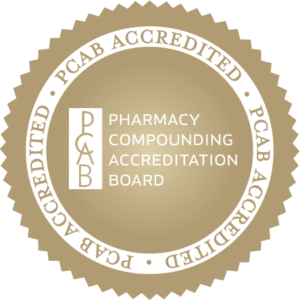Before pharmaceutical companies began mass-producing medications, pharmacies were responsible for putting medications together for specific needs. Today, a compounding pharmacy uses this ageless craft with state-of-the-art technology to produce medications specific to the needs of individual patients.
A compounding pharmacy, in partnership with the prescribing physician, provides medications in the right dosage form and combination to reach the best outcome.
Compounding professionals can prepare:
- unique dosage forms containing the ideal quanity of medication for each individual.
- medications in dosage forms that are not commercially available, such as transdermal gels and troches.
- medications free of problem-causing excipients such as dyes, sugar, lactose, or alcohol.
- combinations of various compatible medications into a single dosage form for easier administration and improved compliance.
- medications that are not commercially available.
- vegan / gluten-free options.
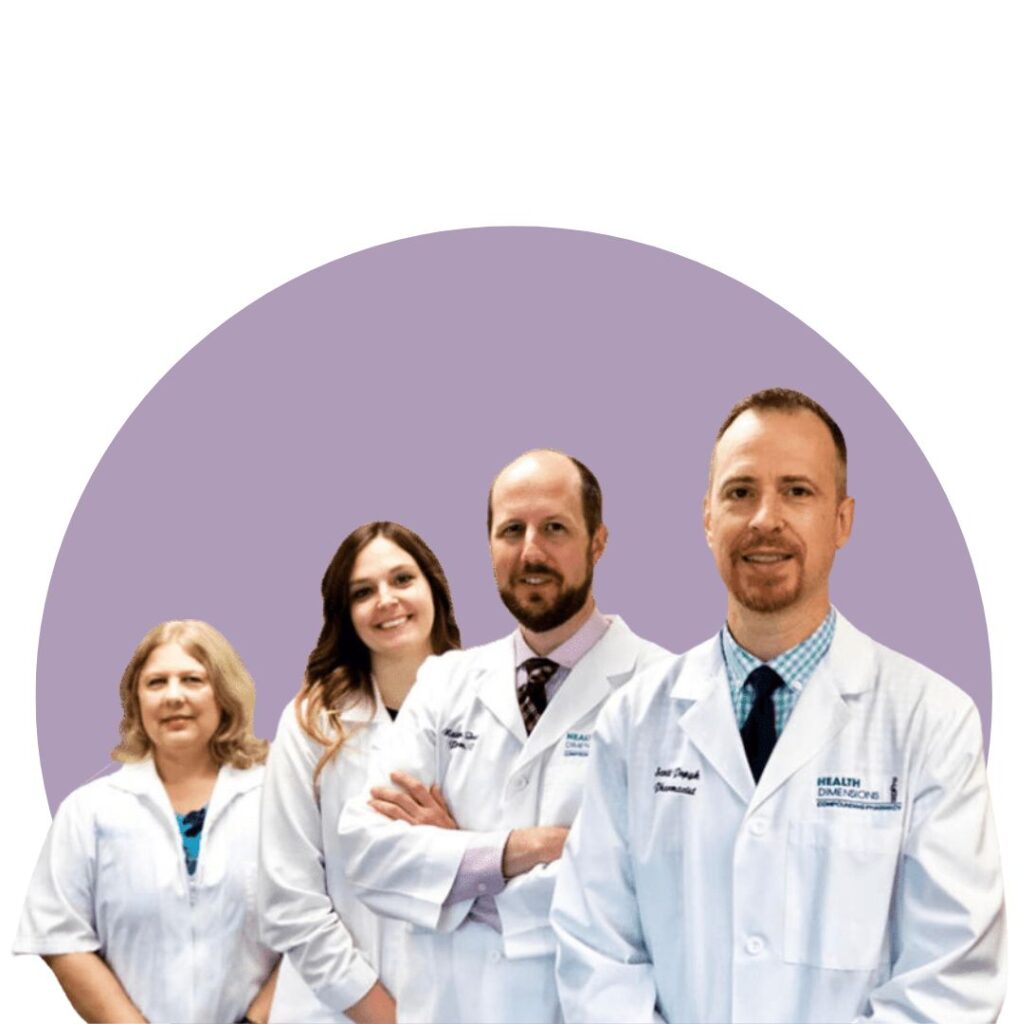
Pharmacists who work in a compounding pharmacy receive special training required to safely compound medications. This specialty process can provide medications that are specific to a patient, through a combination not commercially available, by removing unnecessary ingredients that a patient is allergic to, or by creating a customized dosage unique to the patient.
Quality compounding may maximize therapeutic outcomes
The efficacy of any formulation is directly related to its preparation, which is why THE SELECTION OF YOUR COMPOUNDING PHARMACY IS CRITICAL.
Ongoing training for compounding pharmacists and technicians, state-of-the-art equipment, and high-quality chemicals are essential.
Experience and ingenuity are important factors as well. When modifying a formula or developing a unique preparation, the compounding pharmacist must consider the physical and chemical properties of both the active ingredient and excipients, solubility, tonicity, viscosity, and the most appropriate dosage form or device for administering the needed medication.
Standard Operating Procedures should be in place and appropriate potency testing should be performed.
Compounding pharmacists help prescribers find the best medications options for immune health, hormone therapies, women’s health, men’s health, pediatrics, and even veterinary medicine.
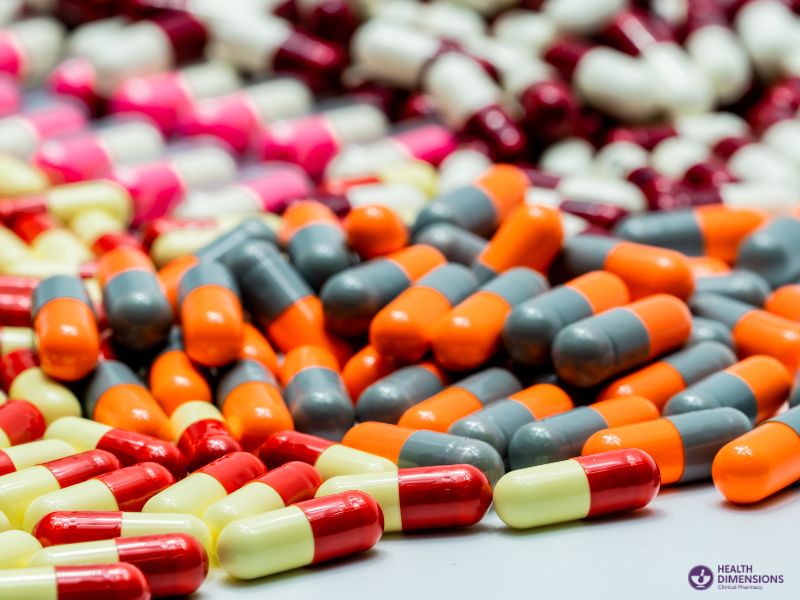
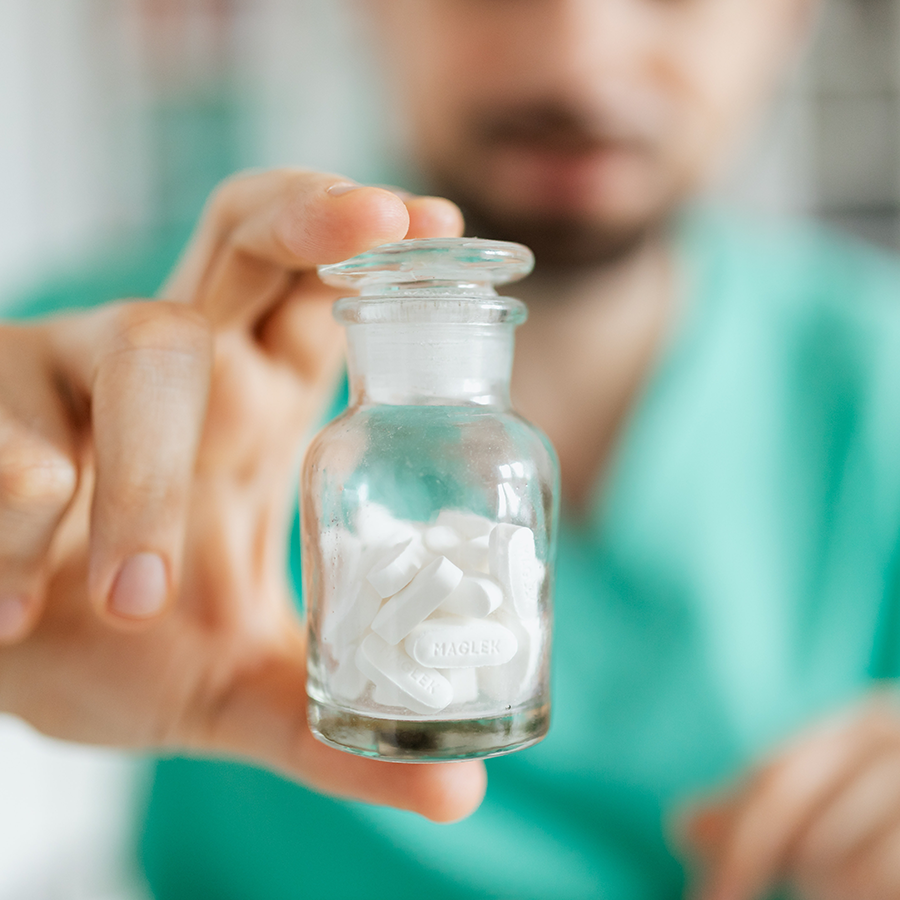
Retail pharmacy vs. compounding pharmacy
So what’s the difference between a retail pharmacy and a compounding pharmacy? While both fill prescriptions, it’s in the important details where there can be a significant difference. Retail pharmacies take the prescription and fill it with commercially available medications in the forms, combinations and dosages that are produced on a mass scale. In most cases, that is the extent of the relationship between the prescriber, the pharmacist, and the patient.
A compounding pharmacy creates and maintains a partnership with the prescriber and the patient to achieve a successful scenario. The prescriber can, through the use of a compounding pharmacy, ensure the medication portion of patient’s journey is specific and unique to that patient. The compounding pharmacy provides both education and support to the patient regarding their medications as well as support throughout the process to make sure that the patient is taking the medication as prescribed.
Medication non-compliance undermines your health goals and is 100% preventable.
Get our infographic to see the solution.
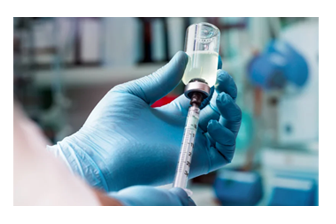
Potential advantages of compounded medications
There are several advantages for both doctor and patient when a compounding pharmacy is part of the patient’s care plan. With personalized medication, a doctor does not have to base a medication plan on the commercially available combinations, dosages, or forms that don’t necessarily match the patient’s needs, and sometimes discourages a patient from following through with taking medication as prescribed. Compatible medications can be combined to specifically take on hard-to-address medical issues. If a patient has tolerance issues due to such things as dyes or gluten, a compounding pharmacy can create medications without those unnecessary ingredients.
For a patient, compounded medications can cut down on the number of pills that have to be swallowed, and that will help patients follow through with medications as prescribed. Medications can be provided in a more palatable form whether it is a liquid or chewable rather than a pill. If a patient is concerned about gluten or various dyes in drugs, personalized medication is the most convenient way to make sure unnecessary chemicals or dyes are not present.
Compounding professionals can formulate suitable medications as sublingual drops, oral and nasal sprays, lollipops, rectal solutions and suppositories, and other customized dosage forms. Please contact Health Dimensions to discuss your needs and medication problems.
What is a specialty pharmacy?
A compounding pharmacy is a specialty pharmacy in that they provide medication in a form, dosage or combination not commercially available. This could include medications to address complex or rare health problems.
There may also be special handling required for these medications that are beyond the capabilities of some pharmacies. A specialty pharmacy will create customized dosages and delivery methods in a sterile environment, package them appropriately and ensure they are delivered to the patient.
Specialty pharmacies partner with the prescriber and provide follow-up care to make sure the patient is taking the medication, and taking it appropriately.
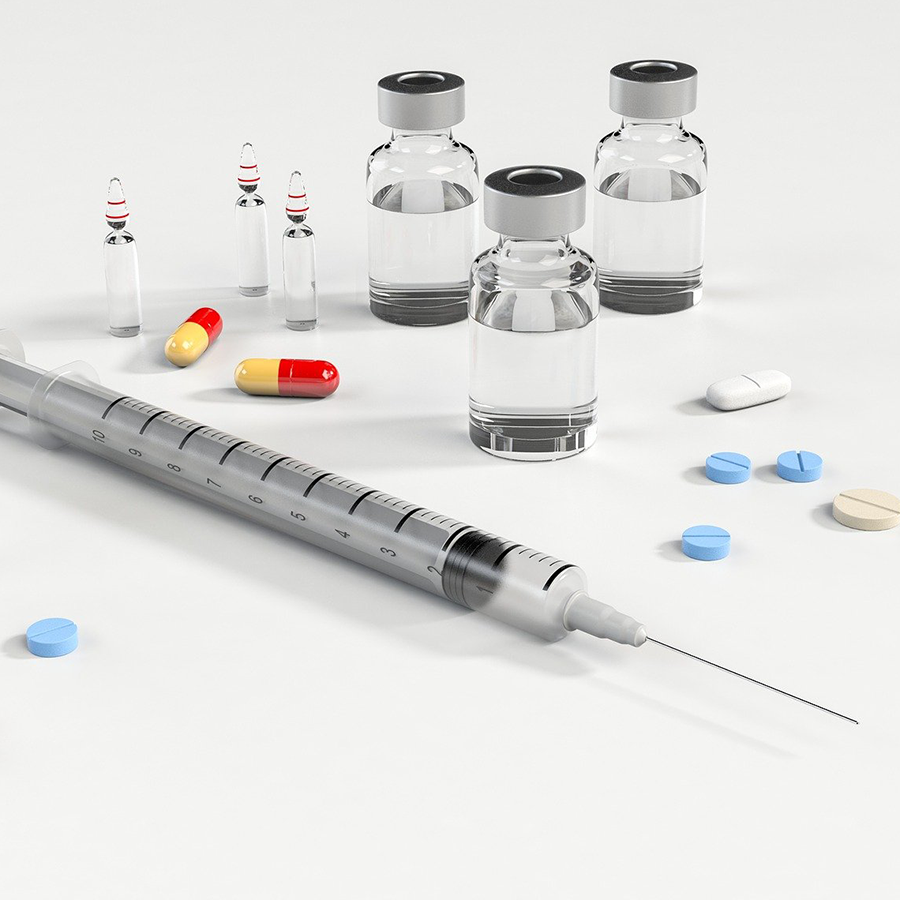
Personalized medicines and hard to treat medical conditions
Some medical conditions can be hard to treat with singular, commercially available medications. Addressing conditions involving the Ear, Nose, and Throat (ENT), dermatological conditions, pain management, hormone therapy, and many others may benefit from specific combinations, dosages, and delivery methods available through a compound pharmacy. Learn more about personalized medicine.

Autoimmune Disorders
Many studies indicate beneficial effects of Low Dose Naltrexone or LDN in autoimmune diseases.

Depression
Depression can be resistant to traditional treatment methods and medications. Ketamine has helped many.

Pain Management
Patient education and medication compliance assistance
Patient adherence to medication prescriptions is one of the reasons medication plans can fail. The Centers for Disease Control (CDC) suggest that coordinated care between the patient, doctor, and pharmacy can significantly increase patient adherence.
A compounding pharmacy is fully involved in the process, partnering with the prescriber to provide medication in a form that is designed to ensure better compliance, as well as providing support through education and follow-up to the patient. This takes much of the after-visit support that the CDC suggests off the shoulders of the physician.
Affordable medications
One of the myths about medications from a compound pharmacy is that they are very expensive. In reality, compounded medications are often not significantly more expensive than commercially available drugs. In some cases, the compounding pharmacy is producing medication at a different, less expensive dosage than a retail pharmacy. Compounded medications are often covered by insurance, and if not, a compounding pharmacy will work with your prescriber and insurance company to find the most economical outcome.
Why have medications delivered?
Today, home delivery is everything. From fast food to bath soap, about anything can be brought to the door. While some pharmacies deliver, a compounding pharmacy that delivers is making sure the specialty medications are getting to the patient in a timely fashion, while ensuring medication that requires a more sterile environment or temperature control are delivered safely.
Talk to a compounding pharmacist to learn more about ordering compounded medications
Talk to a compounding pharmacist to learn more about ordering both sterile and non-sterile medications.
For the prescribing physician, clarity of dosage/percentage is an important part of writing a compounded prescription. Each drug should be separately listed with its generic name, and the strength required. The prescription should include directions (e.g., 2x daily) and the amount to dispense if daily usage is clear.
Contact HDRX pharmacist to discuss formulations and answer any questions. Call (800) 836-2303.
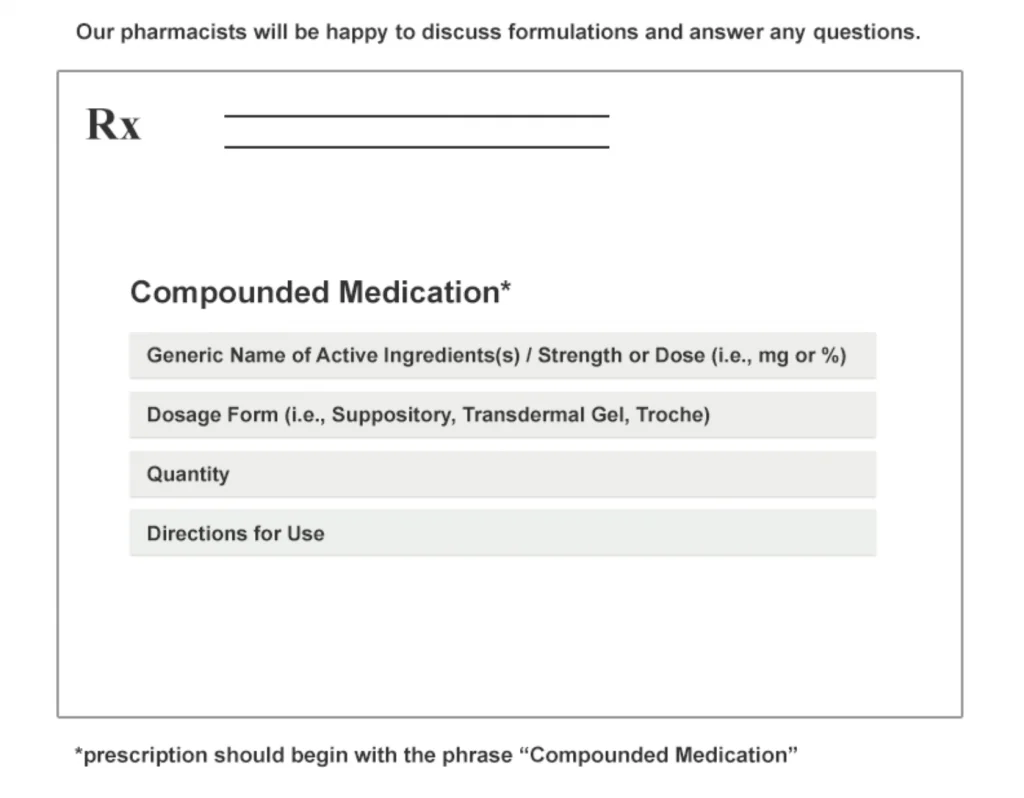
How to choose a compounding pharmacy
Finding the right compounding pharmacy for a patient or prescriber is the first step to a successful care team. The right pharmacy has highly trained staff working in a sterile, technologically advanced facility, PCAB accredited, and a great track record. Pharmacy staff should have a process in place for communicating with healthcare professionals, as well as to provide ongoing support to patients. The right compounding pharmacy knows your practice.
About Health Dimensions Clinical Pharmacy
Health Dimensions Clinical Pharmacy has been providing pharmaceutical solutions to doctors and their patients since 2006. Locally owned and based in Southern Michigan, Health Dimensions Clinical Pharmacy was among the nation’s first compounding pharmacies to earn accreditation by the Pharmacy Compounding Accreditation Board (PCAB) of the Accreditation for Healthcare Commission.
Our mission is to partner with patients and physicians to provide service excellence, accuracy, and rapid response to patient personalized prescription needs.
To learn more about building a partnership, call Health Dimensions Clinical Pharmacy at (800) 836-2303.






